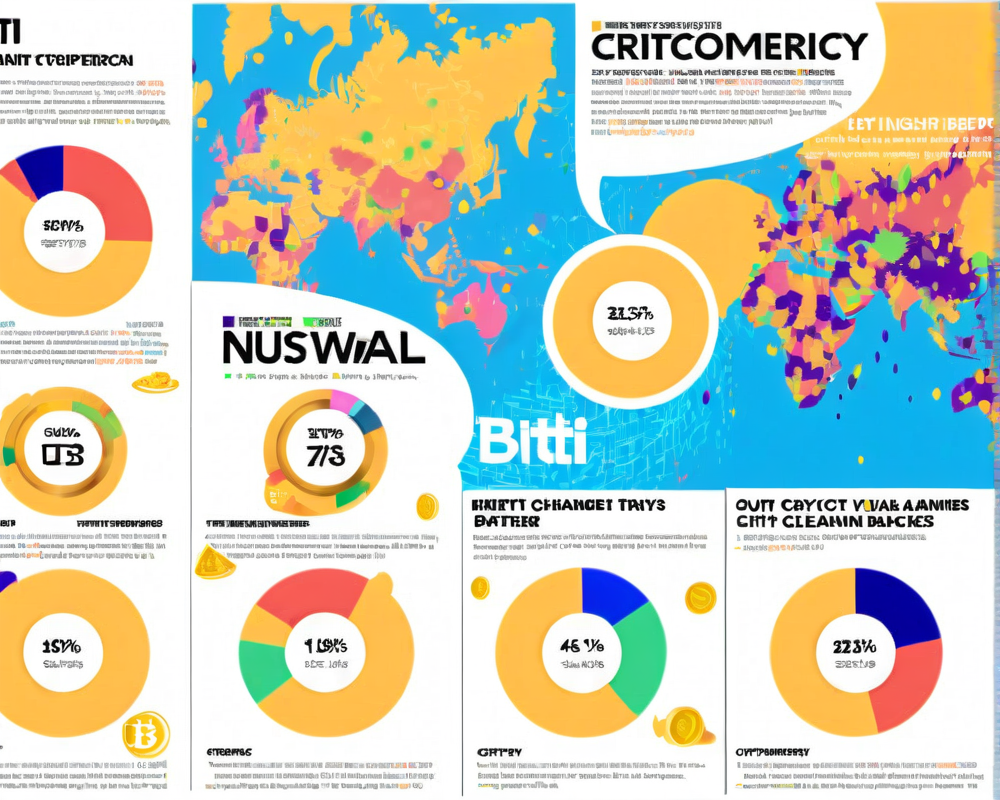What Happened?
On June 2, Crypto Twitter got its knickers in a twist as Mira Murati’s Twitter account, the chief tech whiz at OpenAI, appeared to have been compromised. The account tweeted a seemingly innocuous link that was anything but harmless—a phishing link promoting a fake airdrop for a supposed ERC-20 token named OPENAI. We all love free stuff, but this was the digital equivalent of receiving a fruitcake from your long-lost uncle.
The Usual Suspects: Scam or SIM-Swap?
It didn’t take long for the Twitter sleuths to get into action, theorizing that Murati may have been a victim of a SIM-swapping attack. Internet detectives united in a symphonic chorus of disbelief: “No way this tweet came from the real Mira! This is definitely a scam!” If only we could solve our cases with the same flair as an episode of Law & Order.
How Deceptive Was the Deception?
The phishing site linked in the tweet looked positively slick, closely mirroring the design of a legitimate project called ChainGPT. It’s like those knock-off brand purses you see at flea markets—looks similar, but the quality (and intent) is drastically different.
Expert Opinions: What Do Security Researchers Say?
According to a security researcher from Beosin, a blockchain security firm, this sketchy site utilized a crypto wallet draining kit that lured unsuspecting visitors into signing suspicious requests. Once signed, the bad actors can freely zip off NFTs and tokens from the victim’s wallet. It’s like waving goodbye to your hard-earned cash as it flies away in a deceitful balloon.
What’s Next for Mira Murati?
As of now, it’s a bit of a waiting game. Cointelegraph reached out to Murati and OpenAI for some clarity, but the silence is deafening—like that awkward pause in a conversation when you realize you’ve just put your foot in your mouth.
Conclusion: Protect Yourself
The grand lesson here? In the wild, wild west of crypto, not every airdrop is a treasure; some are traps. Stay vigilant! And as always, check twice before clicking. You wouldn’t dive into a pool without checking the depth first—so why plunge into crypto blindly?




